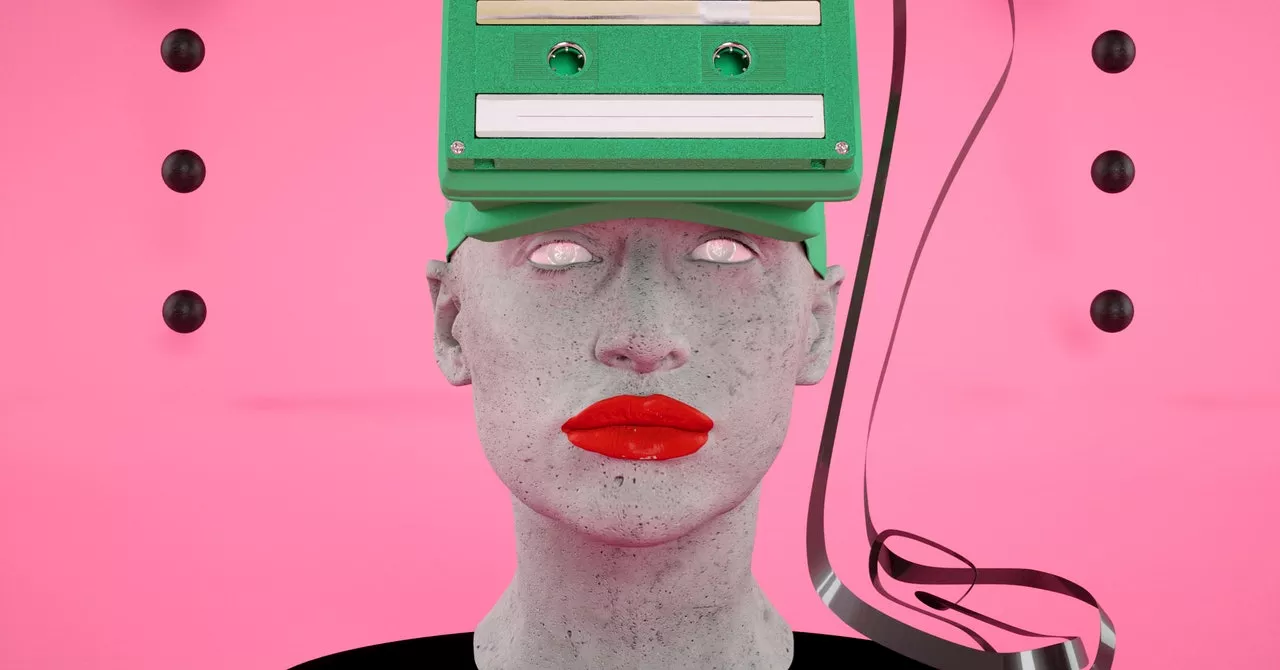OpenAI has announced Voice Engine, a text-to-speech AI model that can create synthetic voices based on a 15-second segment of recorded audio. The company has provided audio samples of the Voice Engine in action on its website. However, OpenAI has decided to scale back its ambitions for now due to ethical implications.
Voice synthesis has come a long way since 1978’s Speak & Spell toy, which once wowed people with its state-of-the-art ability to read words aloud using an electronic voice. Now, using deep-learning AI models, software can create not only realistic-sounding voices but can also convincingly imitate existing voices using small samples of audio.
Along those lines, OpenAI this week announced Voice Engine, a text-to-speech AI model for creating synthetic voices based on a 15-second segment of recorded audio. It has provided audio samples of the Voice Engine in action on its website. Once a voice is cloned, a user can input text into the Voice Engine and get an AI-generated voice result. But OpenAI is not ready to widely release its technology. The company initially planned to launch a pilot program for developers to sign up for the Voice Engine API earlier this month. But after more consideration about ethical implications, the company decided to scale back its ambitions for no
Openai Voice Engine Synthetic Voices Text-To-Speech AI Model Deep-Learning Audio Samples Ethical Implications
United States Latest News, United States Headlines
Similar News:You can also read news stories similar to this one that we have collected from other news sources.
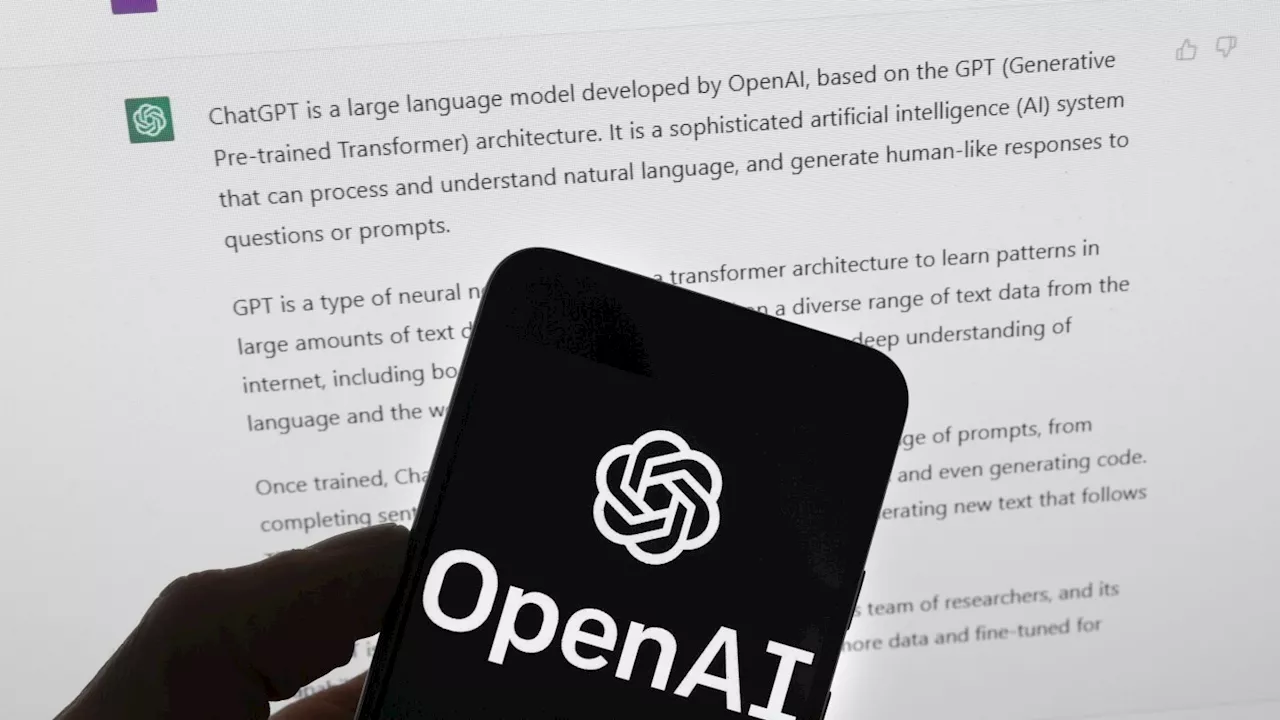 OpenAI reveals Voice Engine, but won't yet publicly release the risky AI voice-cloning technologyChatGPT-maker OpenAI is getting into the voice assistant business and showing off new technology that can clone a person’s voice, but says it won’t yet release it publicly due to safety concerns. The artificial intelligence company unveiled its new Voice Engine technology Friday, just over a week after filing a trademark application for the name.
OpenAI reveals Voice Engine, but won't yet publicly release the risky AI voice-cloning technologyChatGPT-maker OpenAI is getting into the voice assistant business and showing off new technology that can clone a person’s voice, but says it won’t yet release it publicly due to safety concerns. The artificial intelligence company unveiled its new Voice Engine technology Friday, just over a week after filing a trademark application for the name.
Read more »
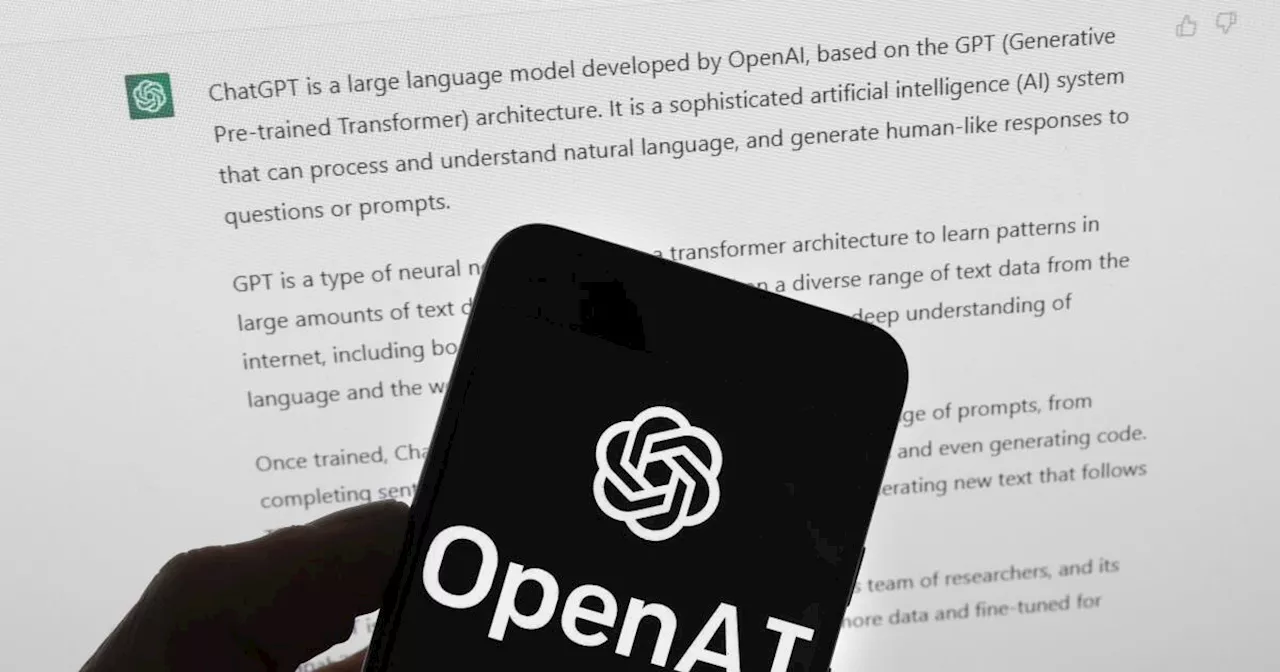 OpenAI reveals Voice Engine, but won't yet publicly release the risky AI voice-cloning technologyChatGPT-maker OpenAI is getting into the voice assistant business and showing off new technology that can clone a person’s voice, but says it won’t yet release it publicly due to safety concerns
OpenAI reveals Voice Engine, but won't yet publicly release the risky AI voice-cloning technologyChatGPT-maker OpenAI is getting into the voice assistant business and showing off new technology that can clone a person’s voice, but says it won’t yet release it publicly due to safety concerns
Read more »
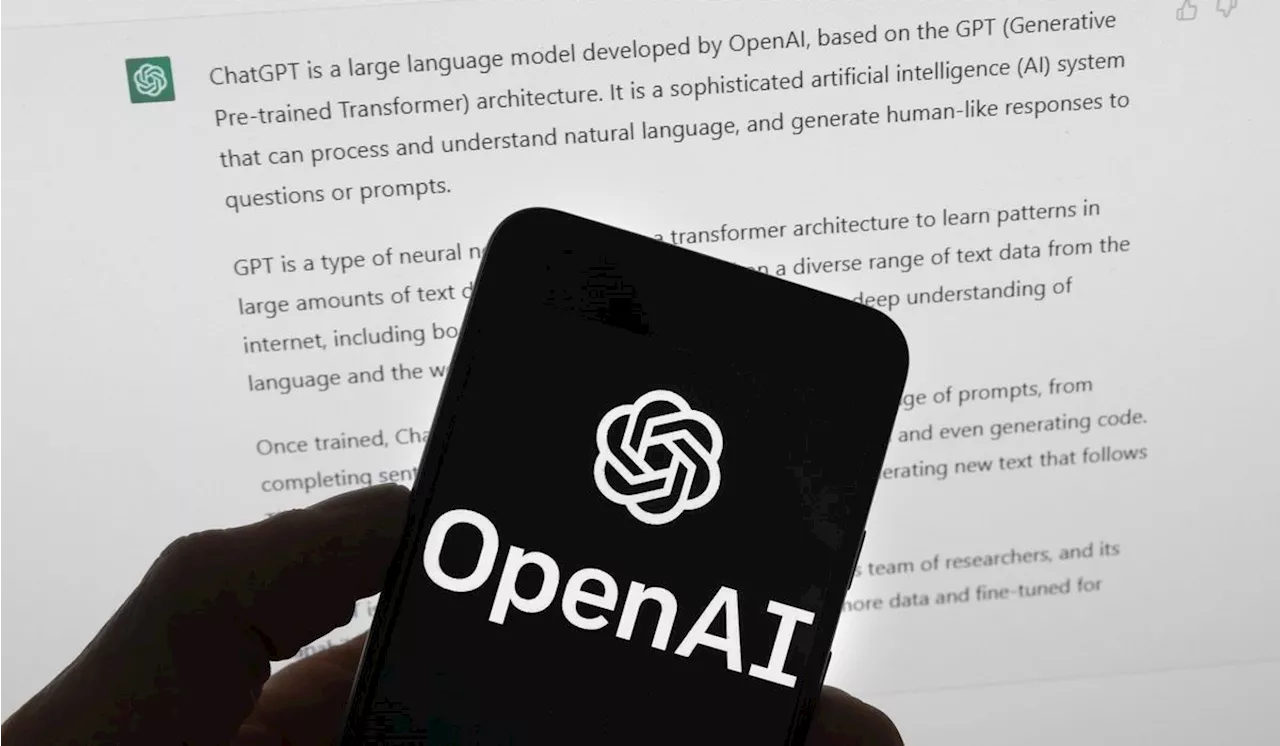 OpenAI reveals Voice Engine, won't yet publicly release the risky AI voice-cloning technologyChatGPT-maker OpenAI is getting into the voice assistant business and showing off new technology that can clone a person's voice, but says it won't yet release it publicly due to safety concerns.
OpenAI reveals Voice Engine, won't yet publicly release the risky AI voice-cloning technologyChatGPT-maker OpenAI is getting into the voice assistant business and showing off new technology that can clone a person's voice, but says it won't yet release it publicly due to safety concerns.
Read more »
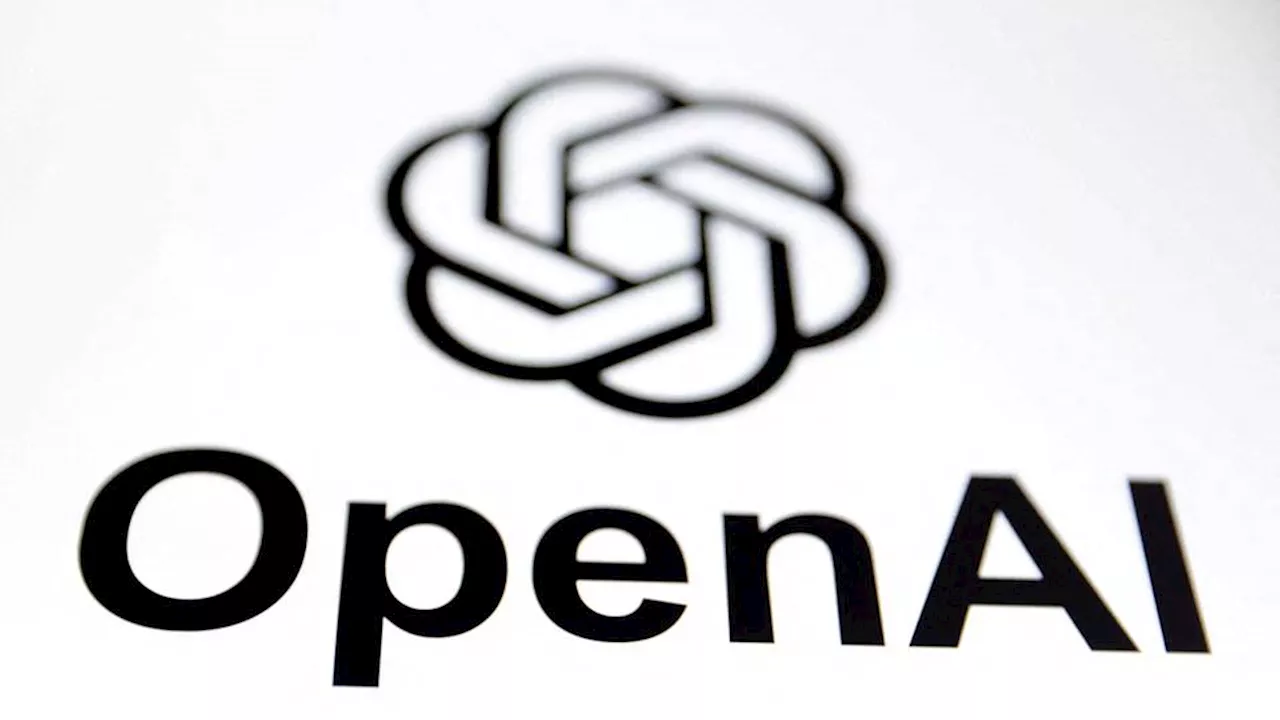 'Voice Engine': OpenAI unveils AI technology that clones anyone's voiceAcknowledging election risks, San Francisco-based company says the model can duplicate someone's speech based on a 15-second audio sample, but it has yet to decide how to deploy the technology.
'Voice Engine': OpenAI unveils AI technology that clones anyone's voiceAcknowledging election risks, San Francisco-based company says the model can duplicate someone's speech based on a 15-second audio sample, but it has yet to decide how to deploy the technology.
Read more »
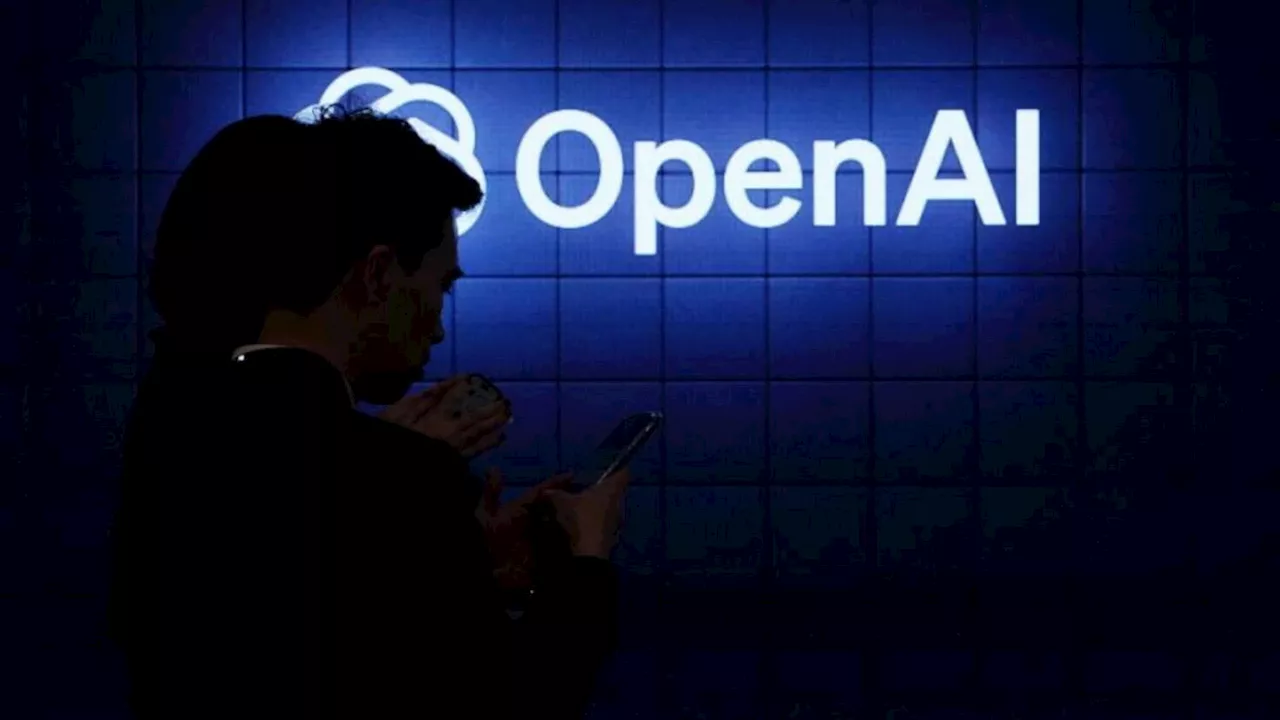 OpenAI’s new ‘Voice Engine’ clones your voice in only 15 secondsOpenAI is carefully limiting the tool's availability during its preview phase to assess the technology's potential for both positive and negative applications.
OpenAI’s new ‘Voice Engine’ clones your voice in only 15 secondsOpenAI is carefully limiting the tool's availability during its preview phase to assess the technology's potential for both positive and negative applications.
Read more »
 Is OpenAI Voice Engine Adding Value Or Creating More Societal Risks?Dr. Cindy Gordon ICD.D. is a CEO, a thought leader, author, keynote speaker, board director, and advisor to companies and governments striving to modernize their business operations, with advanced AI methods. She is the CEO and Founder of SalesChoice, an AI SaaS company focused on ending revenue uncertainty and human advantage.
Is OpenAI Voice Engine Adding Value Or Creating More Societal Risks?Dr. Cindy Gordon ICD.D. is a CEO, a thought leader, author, keynote speaker, board director, and advisor to companies and governments striving to modernize their business operations, with advanced AI methods. She is the CEO and Founder of SalesChoice, an AI SaaS company focused on ending revenue uncertainty and human advantage.
Read more »
